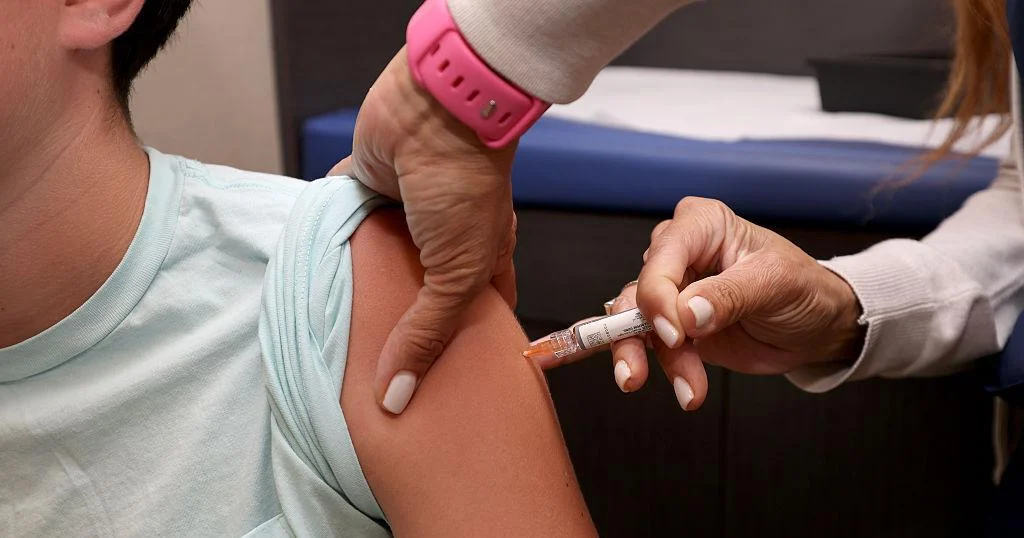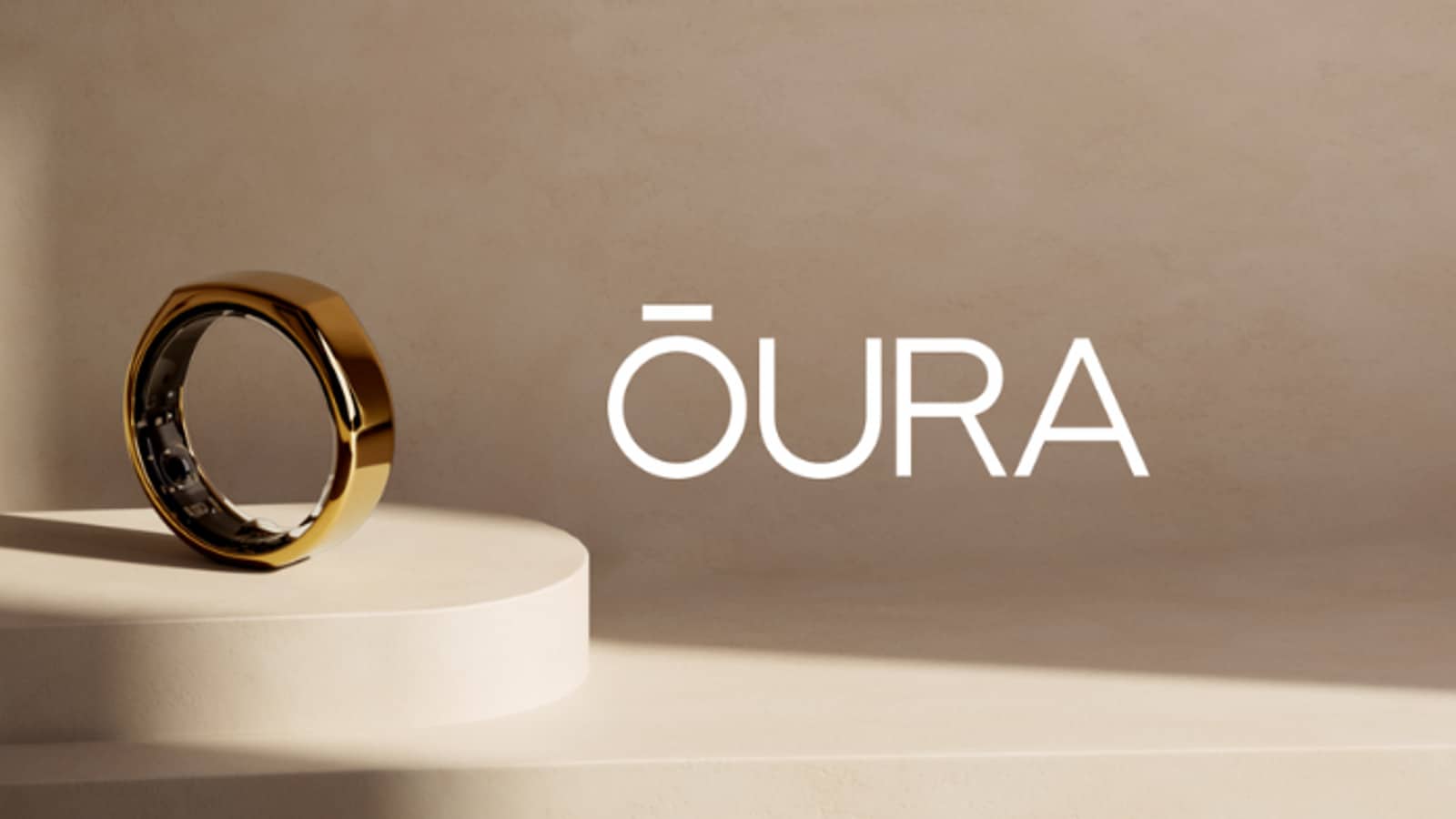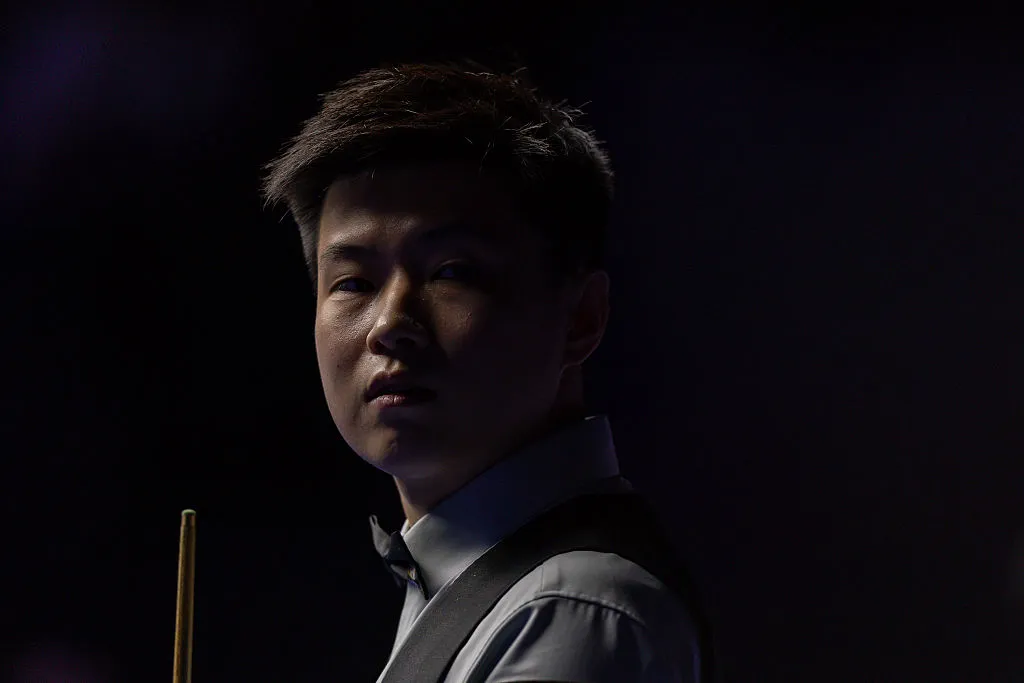Copyright berkshireeagle

“Do no harm.” That’s the guiding principle of medicine. As a pediatrician, I’ve carried it with me into every exam room, every conversation with a worried parent, and every recommendation I’ve made to protect children from preventable diseases. One of the simplest and most powerful pieces of advice I’ve had to offer is that vaccines are the best protection we have against dangerous and deadly illnesses. However, these conversations have become more complicated. Vaccine skepticism is rising, and in Western Massachusetts, immunization rates in dozens of schools have dropped to alarming levels. In many districts, rates have fallen well below the threshold needed to protect not just individual students but entire classrooms, neighborhoods and communities. I understand that parents have questions, and I welcome these conversations. I’ve found that when we sit down together, listen to each other’s concerns and discuss the facts, many parents reconsider and choose to vaccinate their children. This kind of dialogue is essential for keeping children healthy. For families who remain unconvinced, I continue to offer care and guidance. But I do wonder: If they don’t trust my judgment on vaccines — one of the most evidence-based, life-saving interventions in medicine — how will they trust my advice on other critical health decisions? My belief in vaccines isn’t just professional; it’s foundational. It’s rooted in science, in public health and in the oath I took to protect children. Vaccines have helped eliminate or drastically reduce the threat of diseases such as polio, mumps and tetanus. Until recently, measles was on that list too. But this year, measles has made a deadly comeback. Two children have died needlessly. We’ve seen more cases this year than in decades — 1,600 so far, with more than 100 reported in Arizona and Utah in the past few weeks. Most of these cases are in unvaccinated individuals. Measles is so contagious that simply breathing the same air as someone infected can be enough to spread it. Vaccination is a community responsibility. Some people — those who are immunocompromised or too young — can’t be vaccinated. They rely on the rest of us to protect them through “herd immunity.” That requires 95 percent of a community to be vaccinated. Yet in our region, many schools hover around 70 percent. That’s not just concerning — it’s dangerous. Massachusetts lawmakers have a chance to change this. Bills S.1557 and H.2554 would eliminate the religious exemption for school vaccine requirements. No major religion prohibits vaccination, making this exemption a loophole that undermines public health. Several states have already closed it to protect their children. Massachusetts should be next. A recent poll by Massachusetts Families for Vaccines found that 90 percent of families support school vaccine requirements, and 75 percent of parents with school-age children support this legislation. That’s a strong mandate. Massachusetts is a national leader in health care. But on this issue, we’re lagging. The medical community from the Berkshires to Boston urges lawmakers to act — because when it comes to vaccine-preventable diseases, the stakes couldn’t be higher.



